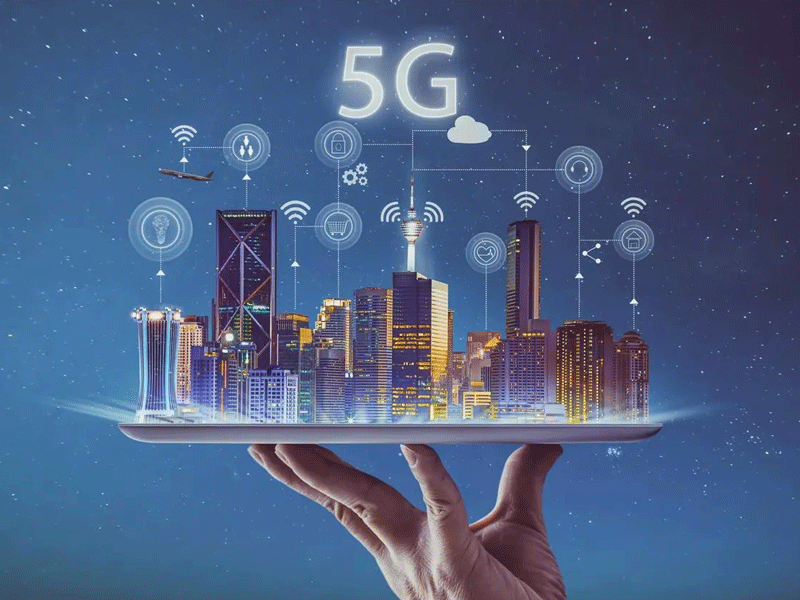The future of 5G technology: what to expect?

- 216
- 0
Introduction
As technology continues to advance at an astonishing pace, the development of 5G technology stands as one of the most eagerly awaited innovations of our time. The promises of lightning-fast internet speeds, lower latency, and unprecedented connectivity have captured the imaginations of both consumers and industries alike. In this article, we will delve into the future of 5G technology, exploring what we can expect from this transformative development.
The Evolution of 5G
Before we look to the future, let's briefly revisit the origins of 5G. The term "5G" stands for the fifth generation of wireless technology. It builds upon the foundation laid by its predecessors, 2G, 3G, and 4G (LTE), with the primary goal of providing faster and more reliable communication. While 4G brought us mobile internet and app-based services, 5G is set to usher in a new era of connectivity that will enable advancements in various fields.
Lightning-Fast Speeds
The most notable feature of 5G is its incredible speed. Unlike 4G, which offers average download speeds of around 20-50 Mbps, 5G promises speeds in the range of 100-10,000 Mbps. This means that tasks that used to take minutes will now be completed in mere seconds. Downloading movies, streaming 4K videos, and even online gaming will become almost instantaneous.
Ultra-Low Latency
In addition to speed, 5G technology will significantly reduce latency, which is the time it takes for data to travel from the sender to the receiver. While 4G typically has a latency of 30-50 milliseconds, 5G will cut this down to as low as 1 millisecond. This ultra-low latency is critical for applications that demand real-time data transfer, such as autonomous vehicles and telemedicine.
Widespread IoT Integration
The Internet of Things (IoT) will experience explosive growth with the advent of 5G. The higher bandwidth and lower latency of 5G will facilitate seamless connectivity for countless devices, from smart homes and wearable technology to industrial sensors. This interconnected world will pave the way for smarter cities, more efficient energy usage, and improved healthcare services.
Revolutionizing Industries
5G is set to revolutionize multiple industries. In healthcare, doctors will perform surgeries remotely with haptic feedback, saving lives in regions with limited access to medical care. In the entertainment industry, augmented and virtual reality experiences will become mainstream, with incredibly detailed and interactive content. Manufacturing will become more efficient through real-time monitoring and control of machinery. The possibilities are boundless.
Challenges and Concerns
Despite its remarkable potential, 5G also faces challenges and concerns. The rollout of 5G infrastructure is a massive undertaking, and it will take time to establish comprehensive coverage. Additionally, there are concerns about data security and privacy, as well as potential health implications from increased exposure to radiofrequency radiation.
Conclusion
The future of 5G technology is brimming with possibilities. Its impact will not only be felt in our daily lives, but it will also drive advancements in various industries, from healthcare to entertainment to manufacturing. As the infrastructure continues to develop and as more devices become 5G-compatible, we can expect a world that is more connected, more efficient, and more innovative than ever before. However, it is essential to address challenges and concerns in a responsible and sustainable manner to ensure that the future of 5G is one of progress and safety.
Published in The Daily National Courier, October, 20 2023
Like Business on Facebook, follow @DailyNCourier on Twitter to stay informed and join in the conversation.

















































